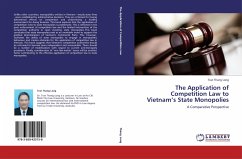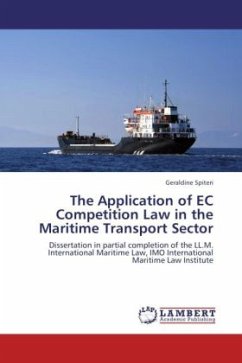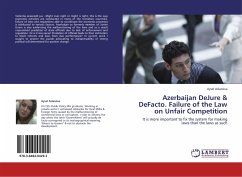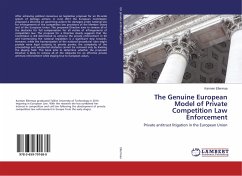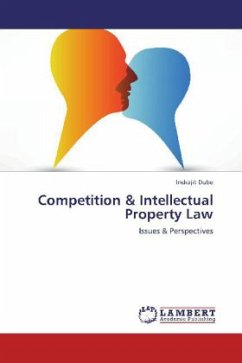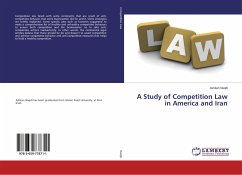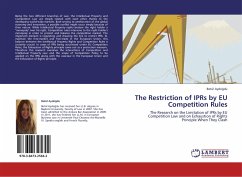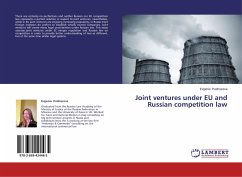Unlike other countries, monopolistic entities in Vietnam - mostly state firms - were established by administrative decisions. They are criticised for having detrimental effects on competition and undermining a healthy environment for doing business. This book explores that the application of competition rules to state monopolies is problematic. This is reflected in the poor enforcement of competition law and the limited intervention of the competition authority in cases involving state monopolies. This book concludes that state monopolies exist as an inevitable trend to support the political determination of Vietnam's Communist Party. This, however, facilitates the ability of state monopolies to engage in monopolistic behaviour and creates obstacles for the application of competition law in Vietnam. This book suggests that Vietnam's competition authorities should be reformed to become more independent and accountable. There should be a number of modifications with regard to current anti-monopoly provisions. Finally, consideration of 'non law-matter' issues will be another factor contributing to the effective application of competition law to state monopolies.

